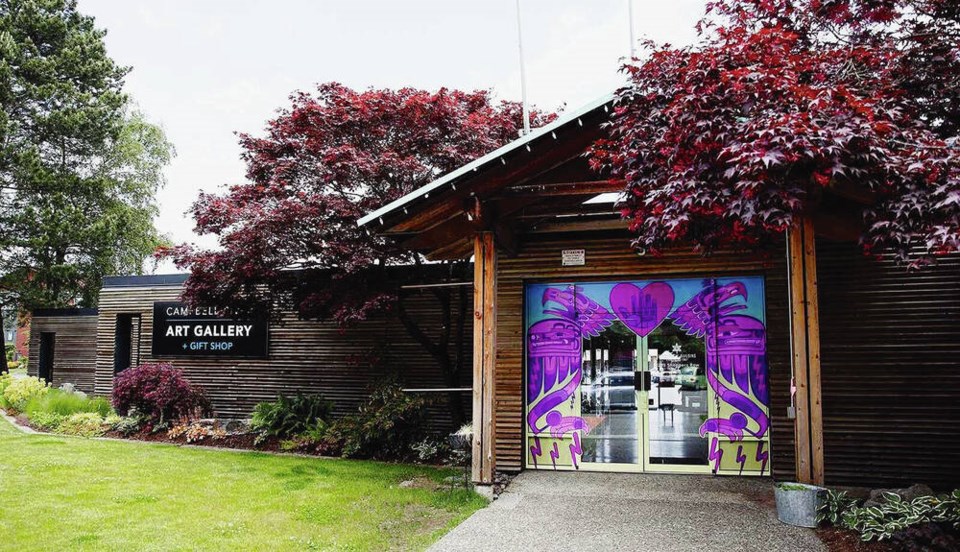A Campbell River council member insists there is still time to meet with two non-profit agencies poised to lose tax exemptions from city hall because of fears of growing social disorder downtown.
Coun. Tanille Johnston said Tuesday that council could hear from the organizations at its Thursday meeting, or call a special meeting on the issue. The municipality must provide permissive tax exemption information to the province by month’s end. “There is time to meet with them. We can do it,” said Johnston, who defended the two organizations.
The Vancouver Island Mental Health Society, which runs a supervised injection site and sobering and assessment centre, and the Campbell River Art Gallery were caught by surprise when a majority of council voted Sept. 28 in favour of removing their tax exemptions.
The art gallery has come under fire for letting members of the city’s unhoused population shelter under an awning on its building.
Gallery executive director Sara Lopez Assu has said the organization can’t do anything when people arrive at night when the facility closes.
Since the vote, city hall has refused the gallery’s request to address council, citing time constraints, said Assu. On Tuesday, its board of directors sent another request to speak to council members.
The mental health society is sending a letter asking the city to reconsider, its executive director said.
Council’s final vote is scheduled for Thursday.
The potential loss of the tax exemptions sparked a barrage of letters to the municipality in support of the targeted organizations.
Lopez Assu said she counted 142 letters of support on council’s agenda. “We want to present to council,” she said. “The community has clearly expressed their support.
“It would be good governance to, at the very least, allow us to speak for ourselves.”
She predicts that the Thursday meeting will be a “packed house.”
Johnston said the two societies are doing “as much as they possibly can” to combat the challenges of the housing and opioid crises.
The mental health society saves lives by preventing toxic drug overdoses, she said.
Without the society’s supervised injection site, “those individuals will be using in public, not in the shelter of the overdose prevention site, which will increase drug use visible to children, families, and the general population, which again, is something that this council has expressed they are extremely against.”
Johnston praised a once-a-week program at the art gallery for unhoused people, saying it “has done a hugely successful job of bringing in folks that would normally be left to loiter around the Campbell River area, into a space that allows them to dedicate their day to art, learning skills that translate into job readiness, and a place that provides them a sense of belonging that naturally enables better personal mental health.”
If that program did not exist, “those folks will be outside, loitering, doing what the current council has expressed numerous times is not OK.”
The gallery had applied for $9,810 in tax exemptions and the mental health society had hoped for a $17,114 exemption.
At the September council meeting, the two societies were singled out by Coun. Ron Kerr, who said they were acting in a “poor neighbourly manner” and having a negative impact on the downtown.
Taryn O’Flanagan, executive director of the mental health society, said she had no indication a motion to revoke the tax exemption was going to come up at the Sept. 28 council meeting.
She estimates that the supervised injection site receives 400 to 500 visits per week, but noted that it closes at 7 p.m.
The society, which also operates a 50-unit supportive housing building and a 20-unit transitional housing facility, aims to address neighbourhood concerns quickly, she said.
>>> To comment on this article, write a letter to the editor: [email protected]



